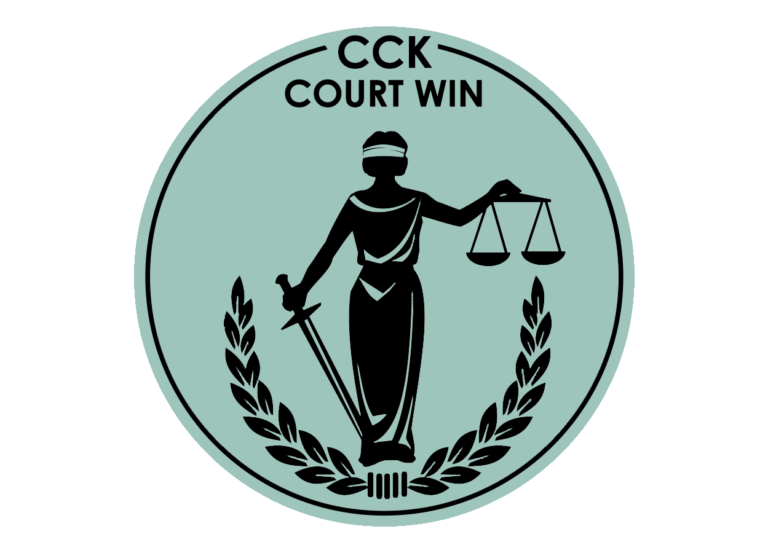Board Did Not Consider Favorable Evidence, Relied on Inadequate Exam in PSTD and TDIU Denial

CCK Law: Our Vital Role in Veterans Law
Summary of the Case
The Veteran served in the United States Army from September 1968 to September 1970, with service in Vietnam. The Veteran filed a claim to reopen his claim for service connection for post-traumatic stress disorder (PTSD) in August 2004, and was subsequently denied service connection by the Regional Office (RO) in November of the same year. The Veteran filed a timely Notice of Disagreement. In January 2007, the Veteran underwent a Compensation and Pension examination in which he was diagnosed with PTSD. In November 2007, the RO granted service connection for PTSD with a 30% rating. The Veteran filed a Notice of Disagreement requesting a higher rating, and he perfected his appeal to the Board of Veterans’ Appeals.
In March 2012, the Board remanded his claim for an increased rating back to the RO for additional development. In a March 2014 examination, a VA examiner “opined that the veteran’s symptoms were not severe enough to interfere with occupational and social functioning.” The Board denied the Veteran an increased rating for PTSD and entitlement to TDIU in its September 2015 decision.
Board Denies Increased Rating for PTSD and TDIU
CCK successfully appealed to the Court of Appeals for Veterans Claims (CAVC) the Board decision that denied the Veteran an increased rating for PTSD and TDIU. The Board found that the Veteran’s PTSD was not severe enough to impact his social and occupational functioning with deficiencies in most areas. The Board also denied the Veteran entitlement to TDIU because there was no competent opinion of record that demonstrated that the Veteran was unemployable.
CCK Successfully Argues that Board Erred in Veteran’s Denial
CCK argued, and the Court agreed, that the Board erred when it denied an increased rating for PTSD. The Court found that the Board failed to consider favorable material evidence that the Veteran has symptoms of PTSD that aligned with a rating higher than 30%. The Court also found that the Board relied on an inadequate medical examination when denying an increased rating, as the examiner’s report was inconsistent about the Veteran’s true level of impairment.
The Court also remanded entitlement to TDIU, as the Board’s decision on PTSD will require an assessment of all of the evidence of record and might prompt further review that would impact the Board’s analysis of whether TDIU was warranted. The Court vacated and remanded the Board’s decision.
About the Author
Share this Post
